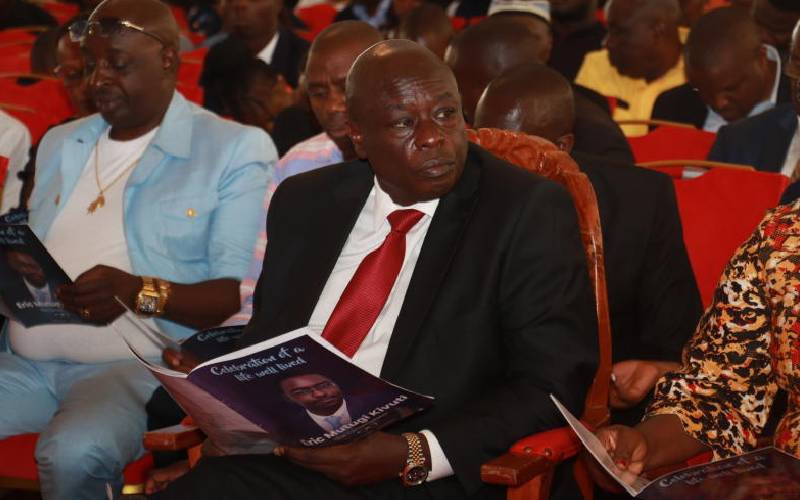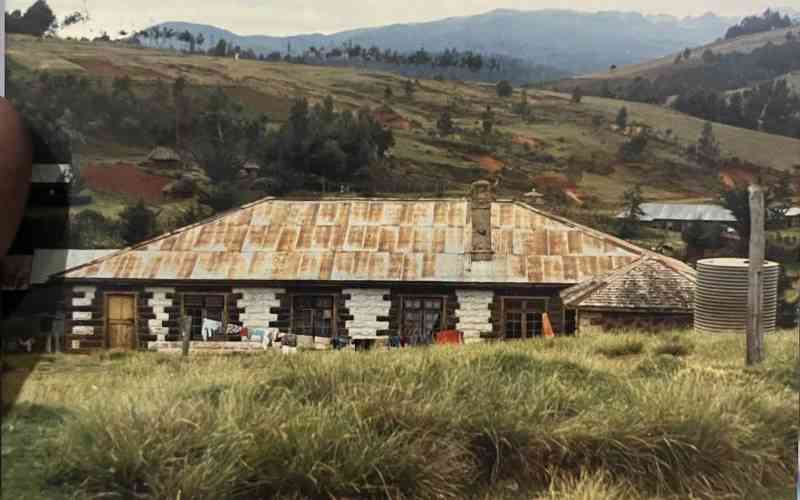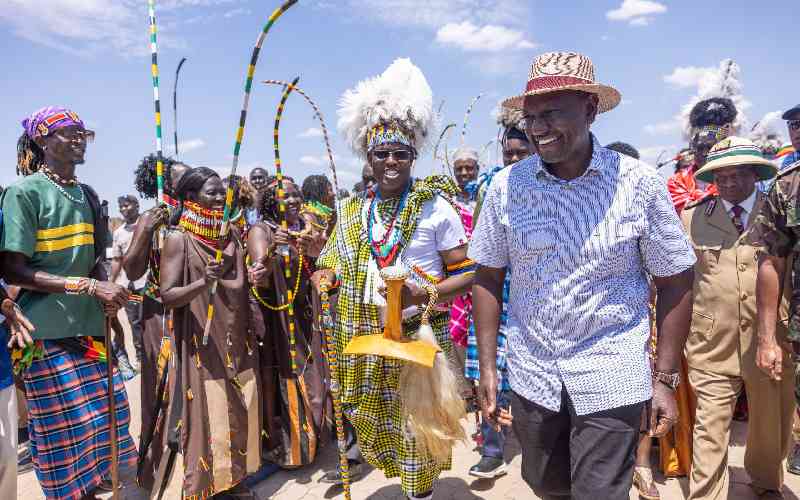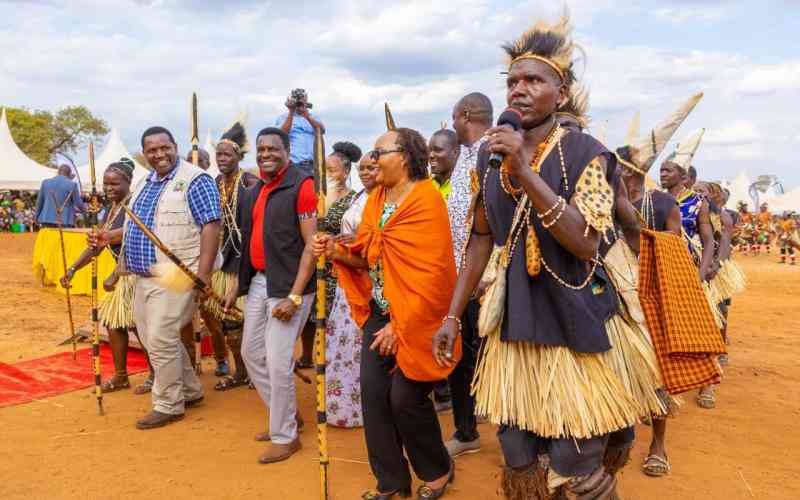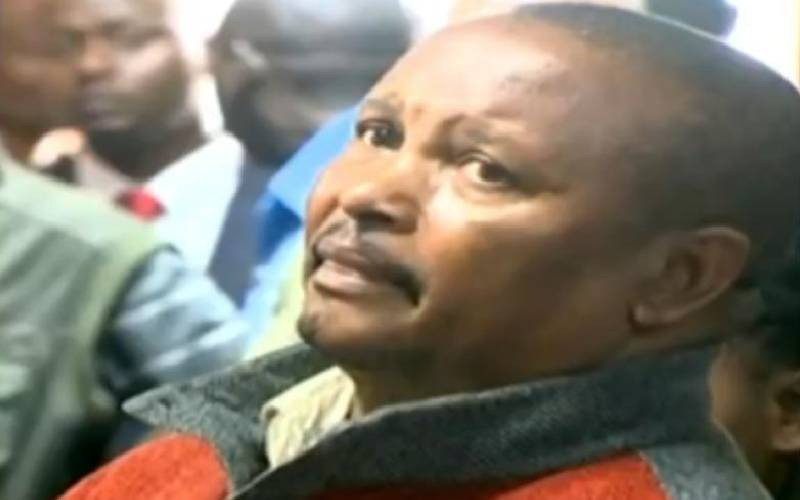Culture is everything. But paradoxically culture is also nothing. Culture is often resilient. But it’s also as fickle as shifting sands of Lamu. Culture can be both dynamic and static. But it’s often more dynamic than static. Culture is the accumulation of a people’s wisdom. But it’s also the sum total of a people’s foolishness. There’s good culture, and there’s bad culture. Good culture can be vitiated by bad culture. That’s true although modernity draws a generally linear progression from low culture to high culture. Today, I want to interrogate these truisms by taking my proverbial scissors to the torment of black women and African hair. I know I will catch some flak, but so be it.
Culture, like virtually everything, is man-made. Much of what we perceive — hear, see, touch, smell, and taste — is man-made. So is much of what we think. Most of our world is socially constructed. We literally make things up as a human civilization. But what we “make up” is what we call civilization. That means virtually nothing is truly essential. That is nothing has an immutable or indefinitely fixed core. Thus nothing is innately really bad, or good. What’s good today can be bad tomorrow. But this does not mean that anything goes. No — we punish, or socially disapprove, conduct that deviates from accepted norms. We pass laws to protect our civilization. Culture can come from below, or above.
Culture is an expression of many things. There’s a culture of self-loathing. Self-hatred, or denial of self. There’s a culture of self-love, and pride. Think of Negritude, the philosophy – developed by Leopold Sedar Senghor and Aime Cesaire — to valorise things African. Or Black is Beautiful, the African-American movement of the 1960s. Or South Africa’s Black Consciousness championed by the indomitable Steve Biko. They sought to restore the dignity of people of African descent. That dignity had been robbed by slavery, colonialism, and Jim Crow. The movements sought to dispel the complex of inferiority of the African — black skin, African hair, and African bodies — as inherently ugly. It was a counter to the mass media’s propaganda of beauty as white.
Nowhere has self-loathing been more evident than on African natural hair, although skin pigmentation remains a major challenge. Lighter-skinned blacks — in Africa and the West — are still generally considered “more beautiful” by other blacks. But let’s stick with hair. Many Africans and blacks still consider African natural hair as “nappy,” “wild,” “ugly,” “coarse,” “unkempt,” “unattractive,” “difficult to manage,” “unprofessional,” and “undesirable.” It’s even worse if African natural hair is worn short. The vogue today is to straighten African natural hair, elongate it by using synthetic imitations, and even colouring it blonde. These hairstyles seek to make African natural hair as white European as possible — shoulder, or butt-length straight hair. It’s even better if it falls over your face.
African and black women hide behind dreadlocks, or locks, to mimic long European hair. Originally fueled by the Mau Mau and the Rastafarian Jamaican culture, dreadlocks were a political statement of defiance against oppression and for vegetarianism. Today, many black women — and men — wear dreadlocks. Most wear dreads because it’s a “cool” hairstyle, not as a political statement. But “cool” is simply a euphemism for transforming short African natural hair to long hair, a facsimile of white long hair. It’s a clever way of running away from self, but I am not fooled. When I wore dreadlocks at the University of Nairobi and the University of Dar-es-Salaam in the early 1980s — to protest oppression — I was a lone curiosity.
Folks would look at my dreads and think that I was either dangerous, filthy, or unhinged. I was denied entry to many restaurants. Today, no one gives dreads a second look unless you are in some corporate cultures that still insist that either you straighten your hair, or cut, groom, and comb it to fit in. What they don’t know is that for some blacks dreadlocks give them “long hair” like whites without the indignity or cost of straightening it. That’s why I think dreads can be clever cultural misrepresentation — like having your cake and eating it too. Long African straightened hair can crimp your lifestyle because it often runs afoul of rain or the swimming pool. It’s too much work.
The African and black hair industry is one of the most lucrative frauds in the universe. It’s selling self-hatred in weaves and chemicals that “whiten” people of African descent. Many poor blacks spent money they don’t have to get self-hating hairstyles. Do black women seek these hairstyles because they truly want them and think they are beautiful, or think black men prefer them as indexes of beauty? We need a black hair counter-culture. Let’s counter this bone-marrow deep self-loathing.
 The Standard Group Plc is a
multi-media organization with investments in media platforms spanning newspaper
print operations, television, radio broadcasting, digital and online services. The
Standard Group is recognized as a leading multi-media house in Kenya with a key
influence in matters of national and international interest.
The Standard Group Plc is a
multi-media organization with investments in media platforms spanning newspaper
print operations, television, radio broadcasting, digital and online services. The
Standard Group is recognized as a leading multi-media house in Kenya with a key
influence in matters of national and international interest.
 The Standard Group Plc is a
multi-media organization with investments in media platforms spanning newspaper
print operations, television, radio broadcasting, digital and online services. The
Standard Group is recognized as a leading multi-media house in Kenya with a key
influence in matters of national and international interest.
The Standard Group Plc is a
multi-media organization with investments in media platforms spanning newspaper
print operations, television, radio broadcasting, digital and online services. The
Standard Group is recognized as a leading multi-media house in Kenya with a key
influence in matters of national and international interest.

